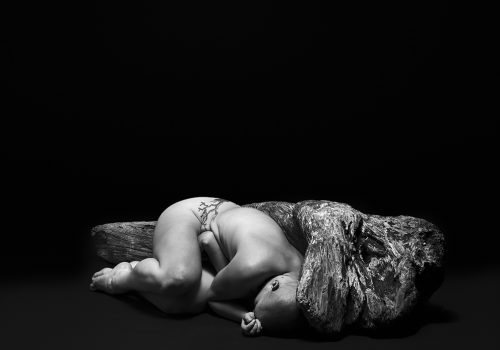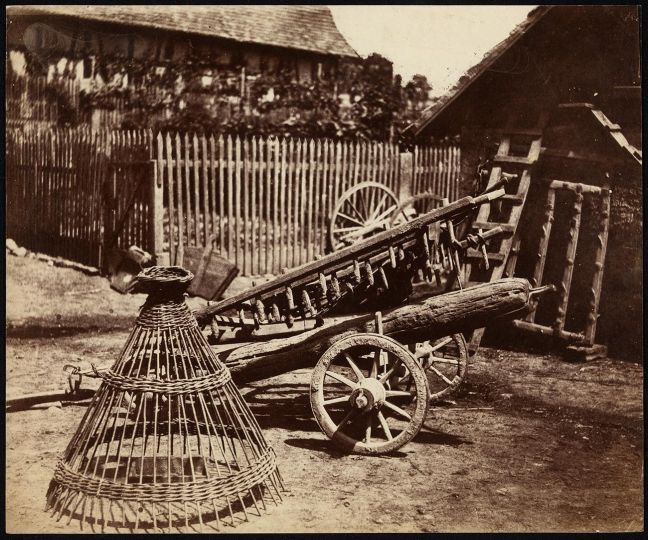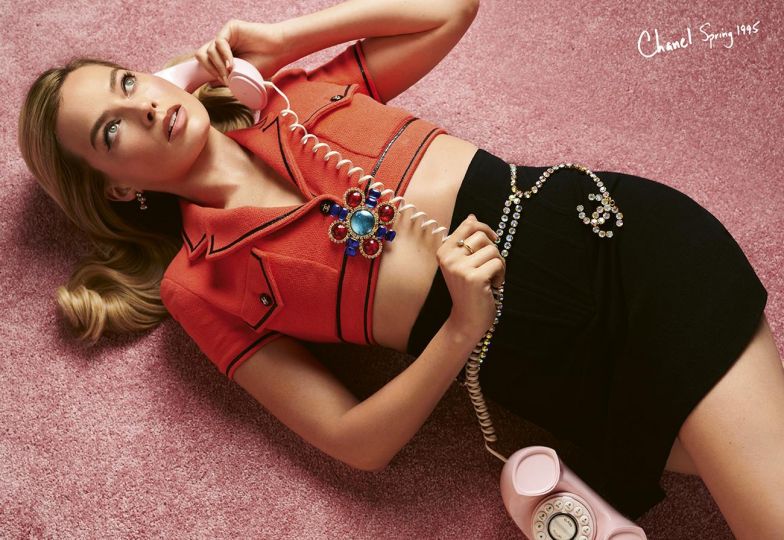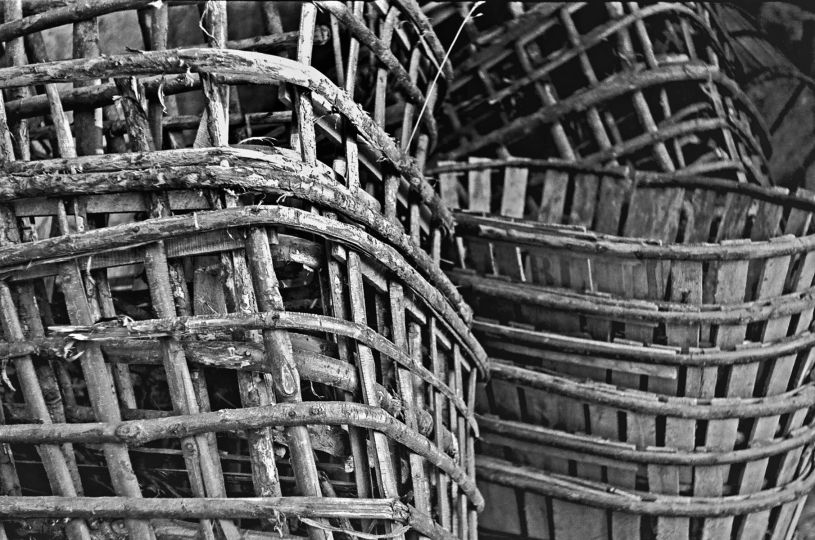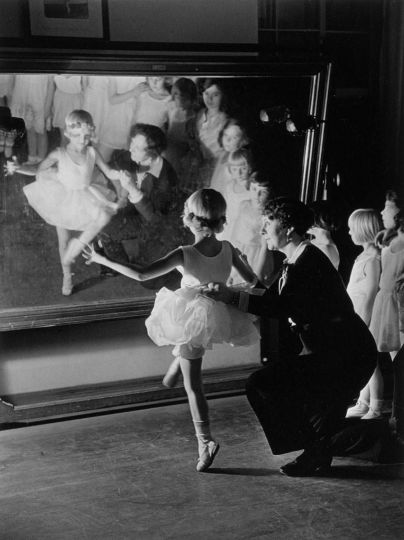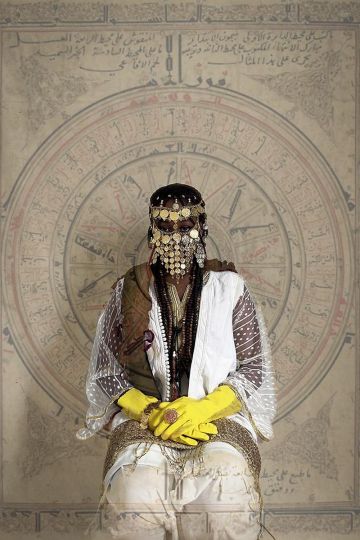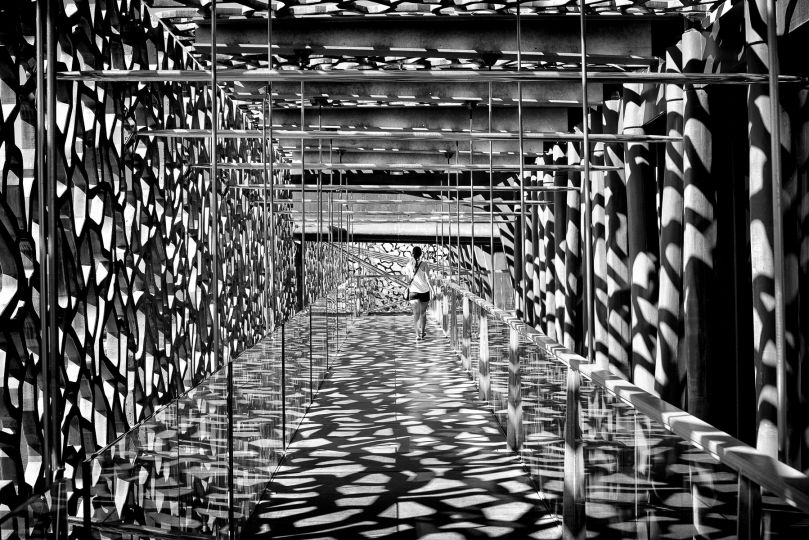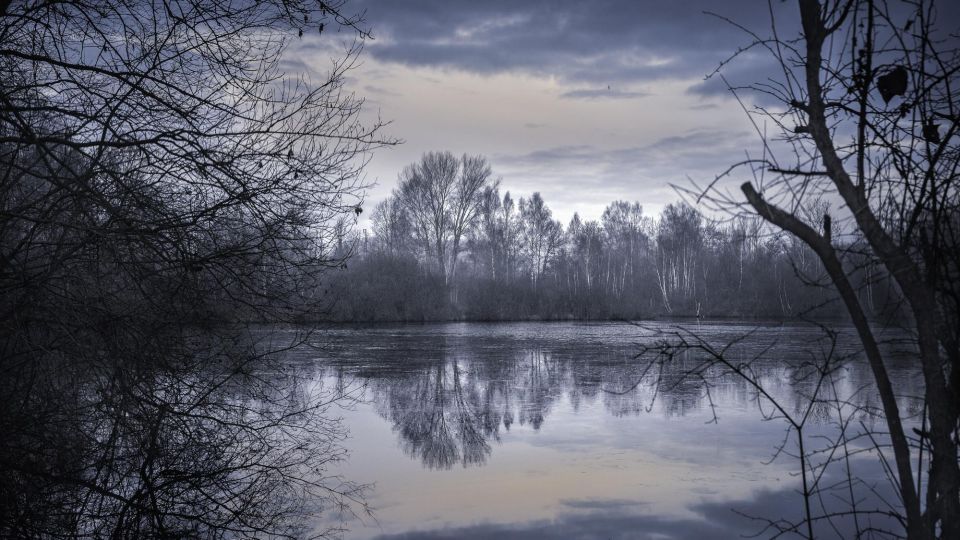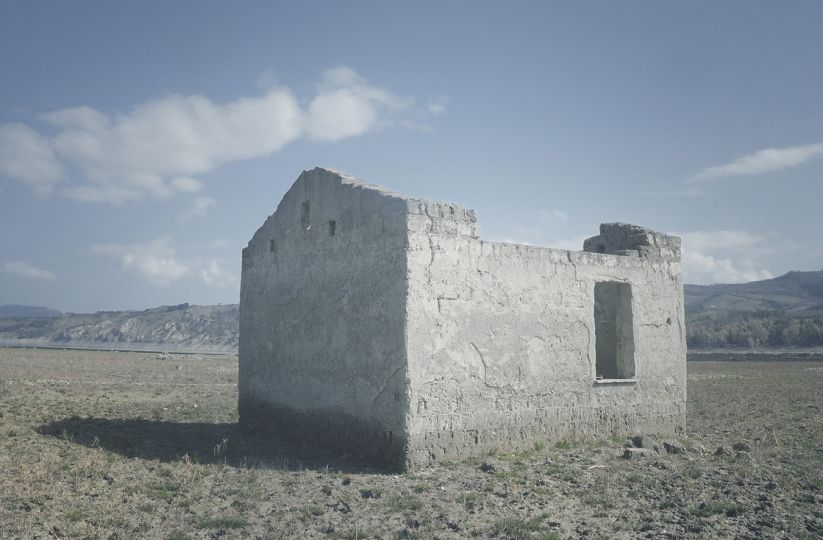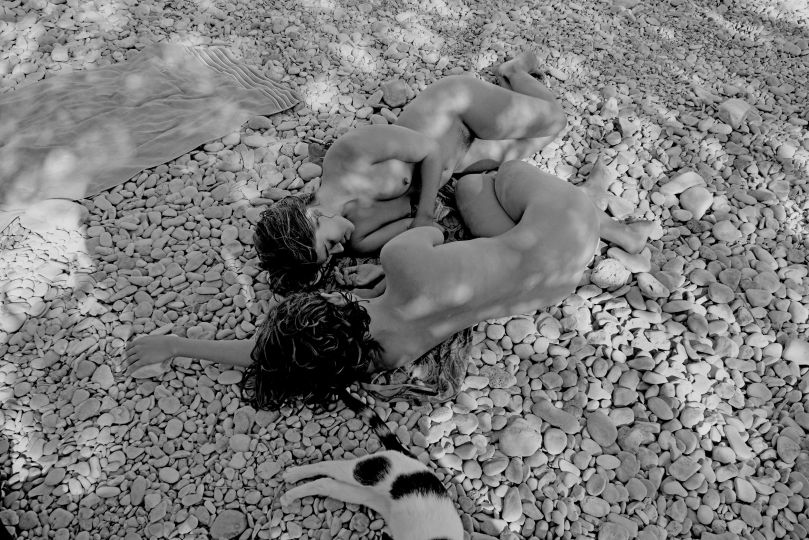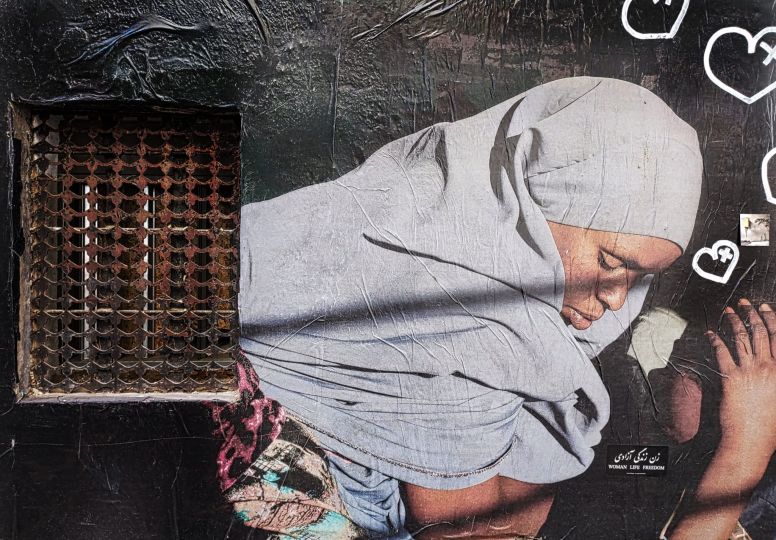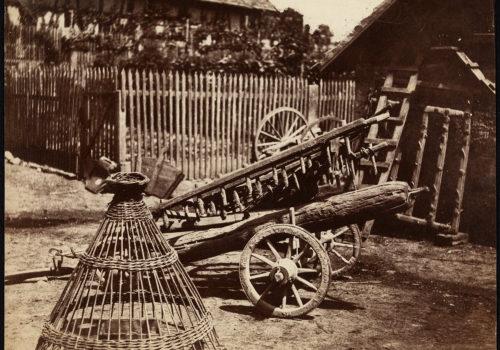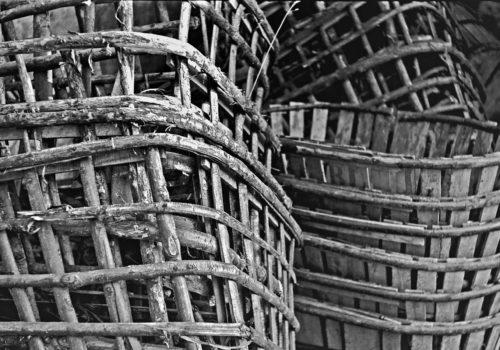Autoportraits à la Nature morte / Self-portraits with Still Life
” Do not fear; I love you. ”
Short words which, in their time, saved my life. A chaplain transmitted these words to me on a card which he placed in my hospital room the night I delivered my dead baby.
Do not fear death, do not fear the lifeless body; and yet it was indeed terror that prevailed over sorrow; dread, disgust and fear of disgust.
Perinatal death is defined by WHO as the death of the fetus during pregnancy and within the first 7 days of life.
Perinatal mourning is the unspeakable abyss into which 7,000 French families tumble every year. An abyss, devoid of light, walls, echo. The black hole, covered with a blanket of silence.
Sacha died at the end of my pregnancy. She and her brothers Amadeo, Salomon and Gabriel, are my home and family. A chaotic journey has led me to the relatively sweet life I now lead, a life of art, sharing, lots of laughter and infinite tenderness.
Yet the horror is part of me. The horror of the shattering dreamed future, the horror of carrying death, the horror of rejection and all that I have done myself to punish myself for failing to preserve my child’s life.
This horror is sprawling. Silence nourishes it, solitude; it feasts on looks that turn away. It takes, it suffocates and it abysses in the depths.
To defeat it I made the choice to live with it.
Horror came to me by a medical acronym: RCIU. Intrauterine growth retardation. She settled in gently, leading me to accept my child’s suffering as hours gained from lethal prematurity.
One morning the awareness of my baby’s death assailed me. Her father was touching my stomach, feeling the blows, wanting to feel them. Disarming scene that I see today with great tenderness.
The hospital staff never said the words: she’s dead, or she’s deceased. They just walked back into the delivery room one after the other, until they were 5 on the ultrasound screen. I turned my head. I didn’t want to see her. I screamed once. I was a cemetery.
The first rejection happens at this point, and it is when we are informed that we are keeping our lifeless baby to deliver vaginally in the next few days. I quickly realized that these few days were beneficial; they allowed me to prepare for the reality of death.
I bought some clothes at the toy store because Sacha was minuscule. The growth retardation was extremely serious, she weighed just over 500 grams, a quarter of the normal weight at this term.
I drank for 2 days. Then I gave birth to my daughter screaming to stifle the silence that came from my stomach.
This is all the world takes away from perinatal bereavement, it is the ultimate shock to the exterior: being forced to give birth naturally to the dead child.
I understand the shock. But it is much less difficult than the following.
Decide if you want to see your child. Decide whether to autopsy. Give up cremation for lack of financial means. And to be reborn in a world where you cannot count this child in its offspring: it died before being born, therefore it was not born. So not to be counted.
Nightmares, debauchery, addiction, the frantic search for greater pain, to turn me away from the void within me, overwhelmed me in the following years. I may have been moping. Let go. But after all, we have the right.
I fell into alcoholism, which I must overcome every day now. I threw my dignity in the face of a world I was vomiting, I dirtied my body and my memories.
Then I found something to do. To say it, to tell it, to transcend it. To tell in pictures, to force to hear with the eyes. And the images soothed me.
I found other parents like me, and an association in which I could work for bereaved parents, Souvenange. We photograph these babies, with gentleness, tenderness, we share with their parents the secret of their existence. We offer them gentle proof, which will enable them to resist the madness: yes your child does exist, no matter what the world says about it.
Thanks to these meetings, I understood the impossible perinatal bereavement. The mourning of the perfect child who will never be put to the test of reality.
I met a King, who created for me a world where I could exult in safety.
Life finds a way, and Gabriel, our son, our stream, chose us and joined us in 2019, closing a cycle of my body to open a new story.
Self-portraits with Still Life is my story and my struggle. Deeply optimistic and positive, I am fortunate to be resilient. But I know how helpless we are in the face of this tragedy, and I cannot support all parents who go through perinatal grief. It would be much more effective if the world opened their eyes to the truth of this grief, of these parents, so that they could in the future be accompanied, supported, loved.
Françoise Chandernagor wrote these simple and very true words: “But all completed life is life accomplished: just as a drop of water already contains the ocean, tiny lives, with their brief beginning, their tiny zenith, their quick end, have no less meaning than long journeys. You only have to bend over a little to see them, and enlarge them to tell about them. “
Rhéa ShirUdo

